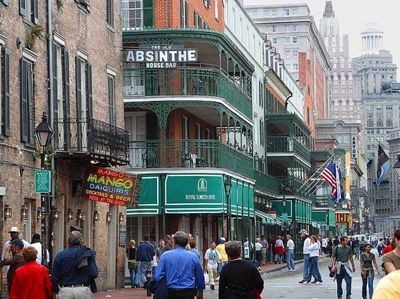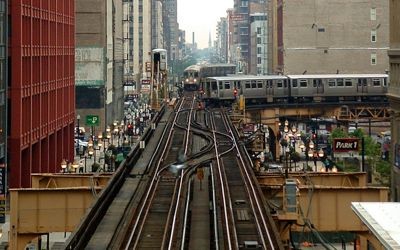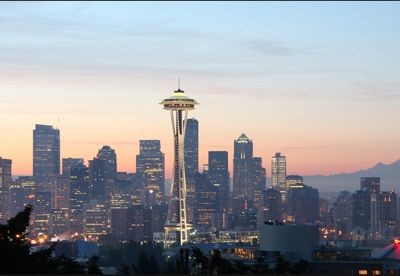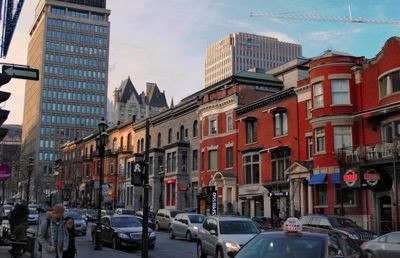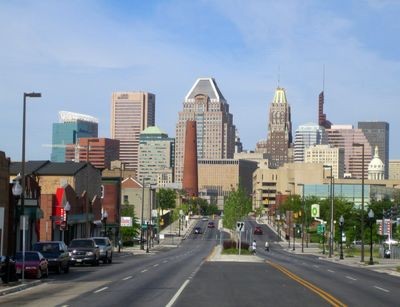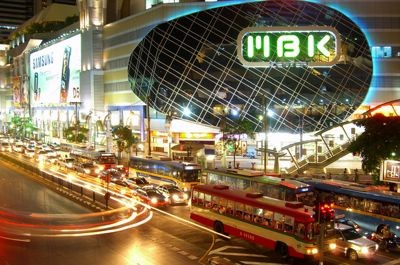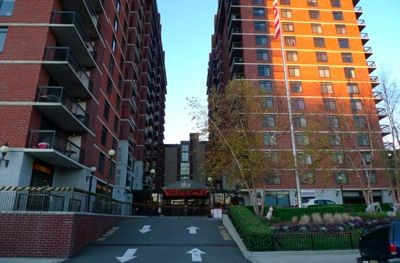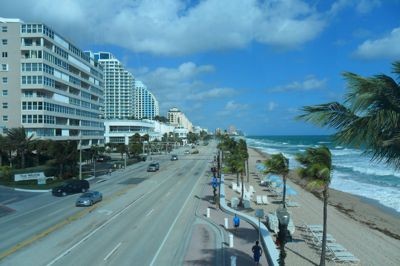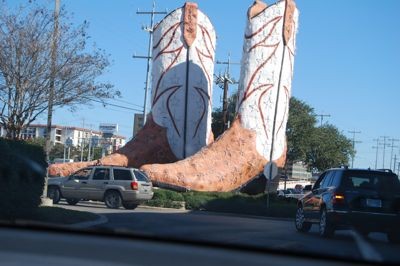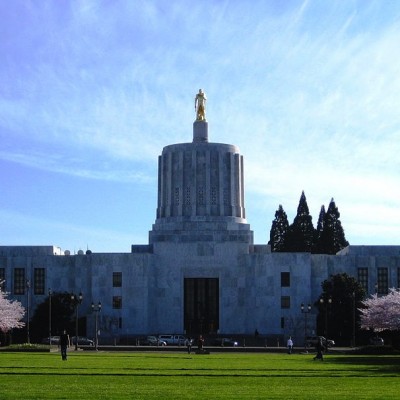Could Bureau of Labor and Industries Decision Doom Portland Rideshare Drivers?
Wednesday, October 21, 2015
Brendan Murray, GoLocalPDX Contributor
 Last week, the Oregon Bureau of Labor and Industries issued a ruling that declared that drivers for popular ride-sharing apps like Uber and Lyft were not independent contractors, but employees, as GoLocal reported. Drivers for the ridesharing services, however, told GoLocal that they fear the ruling could spell the end of their time behind the wheel.
Last week, the Oregon Bureau of Labor and Industries issued a ruling that declared that drivers for popular ride-sharing apps like Uber and Lyft were not independent contractors, but employees, as GoLocal reported. Drivers for the ridesharing services, however, told GoLocal that they fear the ruling could spell the end of their time behind the wheel.
“I would rather remain an independent contractor,” Dan Uphoff, who drives roughly 30 to 50 hours a week for both Lyft and Uber, told GoLocal. “Every company that’s driver based that runs contractors instead of employees. I’ve been a contractor for years, and those that complain about wanting to be an employee have no idea how to truthfully run their own independent business”
Anders Young, a driver with both Uber and Lyft, told GoLocal that he too would prefer not to become an employee of either service.
“I don’t want to be an employee,” Young said. “Chances are, there would rules to follow and I’m not really interested in that.”
Labor Commissioner Brad Avakian disagrees. When BOLI issued the decision via an advisory opinion on October 14, he said that classifying drivers as employees will protect workers and force ridesharing companies to play by the same rules as other corporations
“Our agency has a duty to ensure that workers are treated fairly and that employers understand their obligations,” Avakian said. “Our hope is this Advisory Opinion will bring clarity to how our agency will approach this question during an investigation.”
Layoffs Feared
Young said that he feared that forcing ridesharing companies to treat drivers like employees could mean that many drivers would lose their jobs.
“I don’t think Lyft would be able to stay in business,” Young said. “They already are way behind Uber, and I think a lot of drivers would suffer.”
Uphoff said that already there are more and more drivers signing up to be part of Uber and Lyft’s ranks, which could lead to many drivers being without a source of income.
“If they turn us into employees, many drivers will be cut,” Uphoff said. “There’s already an oversaturation of drivers in this market, so it would really hurt a lot of people if only a few drivers are kept on as employees.”
 Scheduling Concerns
Scheduling Concerns
Uphoff, who began driving for Uber and Lyft more than a year, said that if drivers are forced to become employees, they will lose the ability to make their own schedules—one of the most appealing factors of the gig.
“I had a severe back injury, and my medical restrictions has made it hard to find a job,” Uphoff said. “I’m supposed to be able to stand, sit, walk, move around whenever I need to if I start to hurt. So with Uber or Lyft, if I start to hurt, I can just take a break, move around, then sign back on and drive again. I’d rather have this than sit on unemployment or social security. I’m happy to be able to work again.”
Young, who runs a Facebook group for rideshare drivers in the area, agreed. He said that many ridesharing drivers are recovering from medical issues or have other obligations, and would not be able to work for Uber or Lyft if the companies made them work a set number of hours each week.
Young also said he became a driver in order to spend more time with his three young children, after spending many long hours working as a production manager in the entertainment industry.
“I drive 30 to 50 hours a week, but I am able to work around my wife’s schedule,” Young, who’s wife is a nurse, said. “Putting the kids in daycare is really cost-prohibitive, so to be able to work when my wife can take care of our kids and changing around her schedule has been perfect for us.”
Young said that because he can take any amount of time off without needing to get permission from a supervisor, it leaves him free to pursue other projects.
“A weeks ago I flew to Los Angeles to work on a commercial set, and that pays much better than driving does,” Young said. “Being able to just not drive for a few days, then come back and get right back to it is really key for me.”
In a statement, Uber said that if drivers become employees, the would lose the freedom that they enjoy right now.
“If drivers were employees, they would have to work fixed and pre-assigned shifts, and their ability to work across multiple platforms simultaneously would be restricted —mechanisms of control that traditional employers exert over employees,” wrote William Barnes, west regional manager of Uber. “Drivers would lose the flexibility they have today with Uber, much to the disappointment of the 87 percent who say they partner with Uber to “be my own boss and set my own schedule.”

